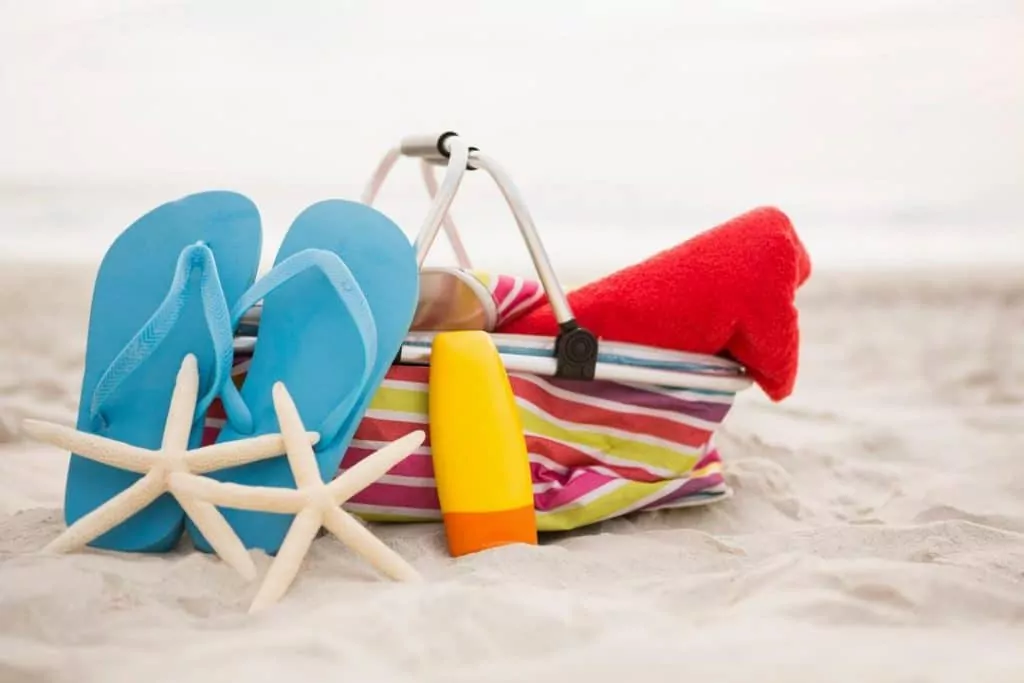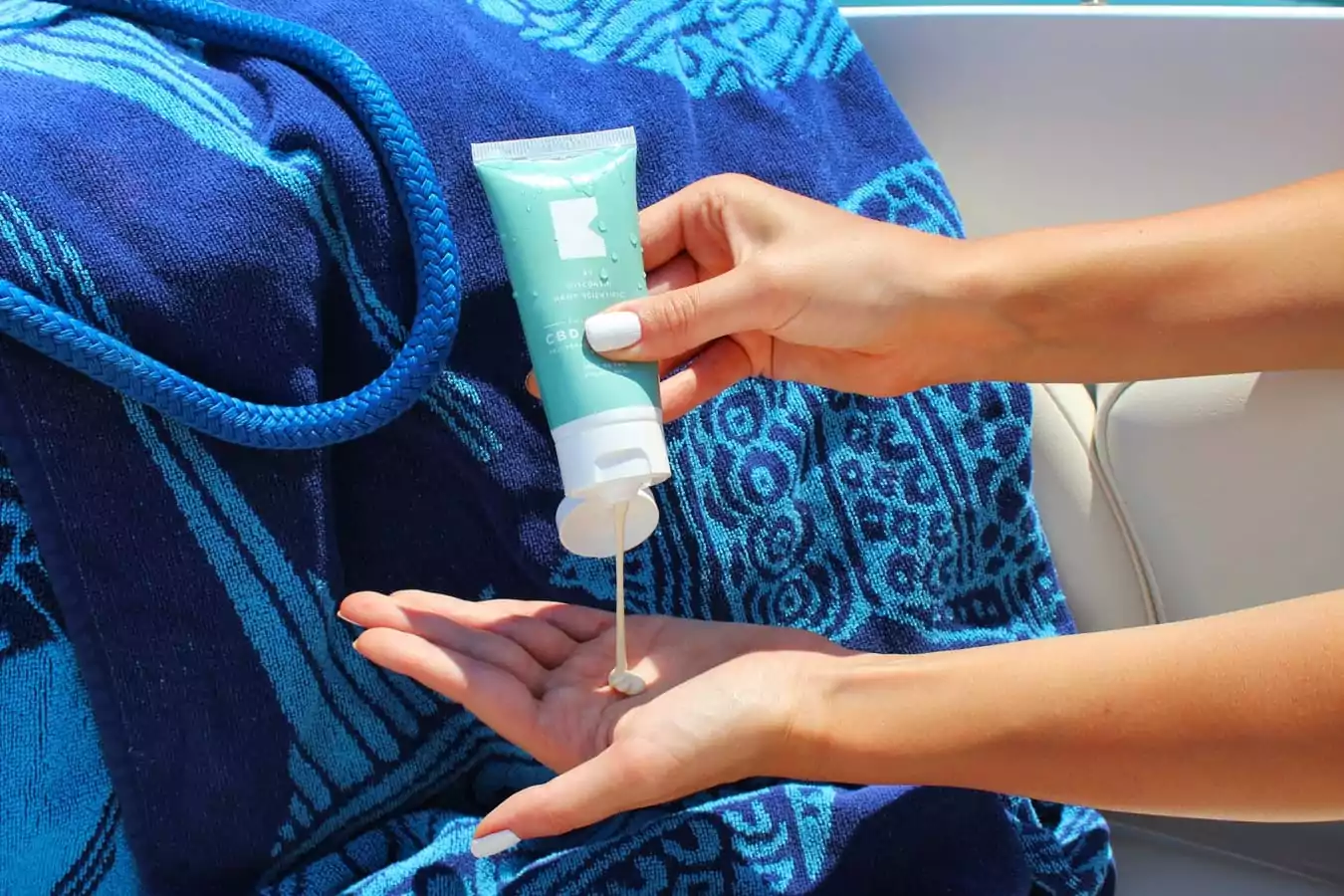by Dr. Fayne Frey, Board Certified Dermatologist
Mixed messages…
Sunscreen. We know we need it. Experts tell us it protects us from skin cancer, particularly malignant melanoma, the deadliest form. They also say it prevents skin aging (wrinkles). At the same time, we hear frequent reports in the media that sunscreen contains cancer causing ingredients. The messages are mixed.
About DIY sunscreen
Enter the do-it-yourselfers (DIY). A growing industry of folks play cosmetic chemist in their kitchens. Their reasons vary; some make their own sunscreen for convenience or to save money. Most, however, create their own due to worries about the safety of the sunscreens available commercially. You can find many home-made sunscreen recipes on social media touting these DIY concoctions as good alternatives to store-bought sunscreen. Before you break out the mason jars though, make sure you understand how difficult it is to make effective sunscreen, and how important it is for your sunscreen to work.
Sunscreen standards for safety and effectiveness
These DIY sunscreen formulations unfortunately do not provide adequate sun protection, nor do they meet the standards of commercially available sunscreens. The U.S. Food & Drug Administration (FDA.) regulates these products as over-the-counter drugs. Sunscreens must meet safety and effectiveness standards.
Sun Protection Factor (SPF) is a relative measure of how much a sunscreen protects your skin from sunburn caused by ultraviolet B rays. To claim a specific SPF, commercially available sunscreens must pass specific tests according to FDA protocols.
Likewise, the terms “broad-spectrum” and “water-resistant’ on product labels must also meet strict FDA standards. In order to label a sunscreen product “broad-spectrum”, the manufacturer must show that their product protects the skin from the longer ultraviolet A rays. These longer rays penetrate deeper into the skin than ultraviolet B rays, and cause signs skin cancer and signs of skin aging. As for sunscreens claiming to be “water-resistant”, they must show they maintain its protection after, at least, 40 minutes of swimming or sweating.

Why we don’t recommend making your own sunscreen
The American Academy of Dermatology recommends using a sunscreen with an SPF of 30 or higher, applying it liberally, and repeating every two hours. There are plenty of natural sunscreen recipes on the internet, but few actually protect skin from cancer-causing UVB and UVA rays. For example, DIYers commonly use herbal oils like coconut oil, tea tree oil and lavender oil in their sunscreen recipes, claiming these ingredients offer sun protection. Studies on herbal oils show these oils don’t provide adequate protection. Not only that, but they rarely reach an SPF of 8 and often only provide an SPF of 1.
We understand some people have concerns about the safety of commercially available sunscreens. However, replacing a store bought sunscreen with a homemade version, one that was not adequately tested for effectiveness or safety, is not the answer. Homemade sunscreens are a recipe for disaster – and for sunburn.
The benefits of applying a safe and effective sunscreen absolutely outweigh any risks. Commercially available mineral sunscreens that are formulated with titanium dioxide and zinc oxide are deemed GRAS (generally regarded as safe) by the FDA. You can find these products in cream, lotion and stick formulations.
The bottom line
The best protection from harmful ultraviolet radiation is to minimize direct exposure to the sun’s rays. Here’s what I recommend:
- Seek shade when possible.
- Cover up with clothing – clothes provide consistent protection and doesn’t wear off like sunscreen. By minimizing the amount of exposed skin, you lessen the amount of sunscreen necessary. Wear sun glasses, wide brimmed hats and long-sleeved shirts.
- And yes, apply sunscreen, FDA approved sunscreen. Apply it generously and often.
Pass on making your own sunscreen at home. These recipes are not FDA approved and not likely to meet their standards for efficacy and safety which are in place for a reason. Don’t experiment with your skin – it’s too risky!
Fayne Frey, M.D.

Fayne Frey, M.D., is a board-certified clinical and surgical dermatologist practicing in West Nyack, New York. She specializes in the diagnosis and treatment of skin cancer and is a nationally recognized expert in the effectiveness and formulation of over-the-counter skincare products. As a speaker, Dr. Frey captivates audiences with her wry observations regarding the skincare industry. She consulted for numerous media outlets, including NBC, USA Today, and, the Huffington Post, and shared her expertise on both cable and major TV outlets. Dr. Frey is the Founder of FryFace.com, an educational skincare information and product selection service website that simplifies the overwhelming choice of effective, safe and affordable products available. Dr. Frey is a fellow of both the American Academy of Dermatology and the American Society for Dermatologic Surgery.










